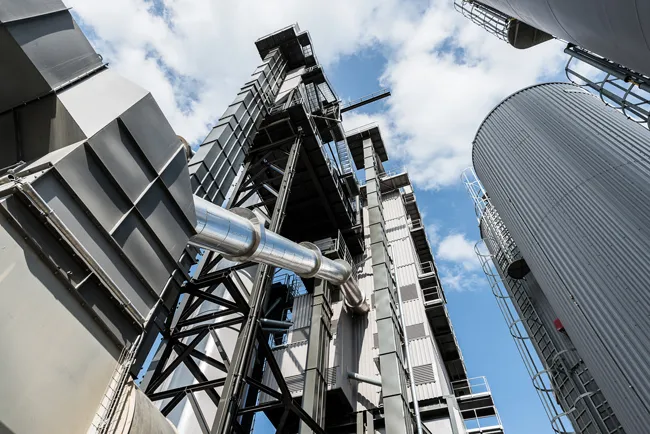
The Ammann ABP 320 HRT Asphalt-Mixing Plant is said to be an ideal fit for asphalt manufacturers that need to incorporate large proportions of recycled asphalt (RAP) without sacrificing production capacity and quality. Ammann is an industry leader in RAP utilisation with the 2-in-1 HRT (High Recycling Technology) plant, featuring both warm and cold recycling systems that can be used simultaneously.
And the Ammann ABC SolidBatch Asphalt-Mixing Plant is said to offer an outstanding cost/performance ratio. The purchase price is kept low because the plant is highly standardised and the base model features few extras. Instead, customers select the standard ABC SolidBatch model and then choose from a variety of options. Those options lead to a highly customised plant – yet customers only pay for the features they feel necessary.








